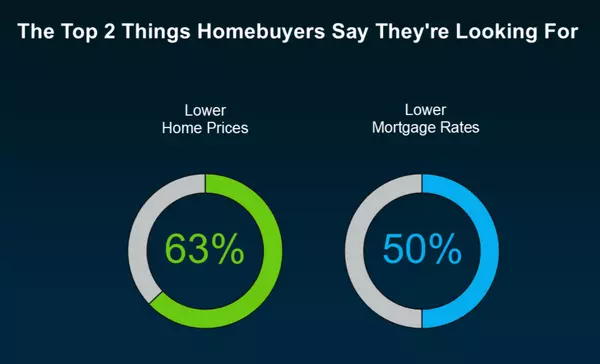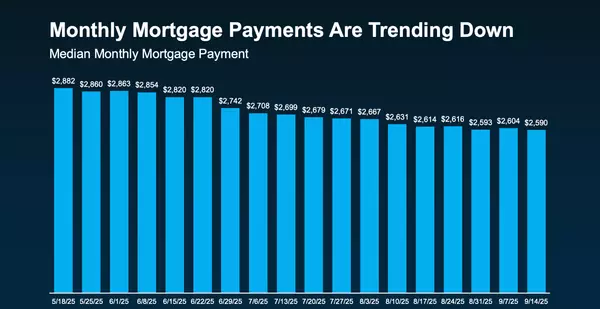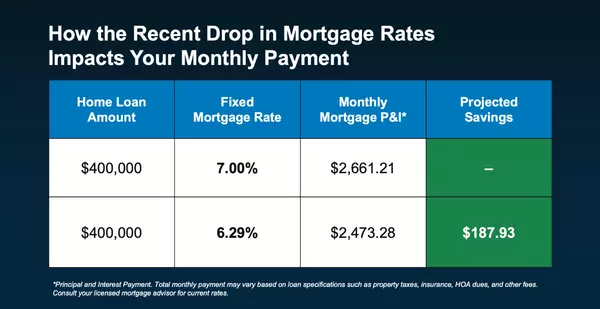What Buyers Say They Need Most (And How the Market’s Responding)
What Buyers Say They Need Most (And How the Market’s Responding) If you’ve been thinking about buying a home but waiting for the right time, you’re not alone. A recent survey from Bank of America found that most would-be buyers want to see one thing before making a move, better affordability. Specif
Why Live Auctions Still Matter in a Digital World
Modern technology has transformed our industry. Timed, online-only auctions bring convenience and reach, but something important is being lost along the way. Research shows that younger generations, especially Gen Z, are feeling the weight of digital overload. They crave authentic experiences and fa
3 Reasons Affordability Is Showing Signs of Improvement This Fall
3 Reasons Affordability Is Showing Signs of Improvement This Fall For the past couple of years, buying a home has felt out of reach for many people. Prices climbed higher, mortgage rates shot up, and a lot of buyers had to hit pause. Maybe you were one of them. But there’s good news: this fall, hous
Mortgage Rates See Their Biggest Drop in Over a Year
Mortgage Rates See Their Biggest Drop in Over a Year If you’ve been waiting for mortgage rates to move, now’s the moment you’ve been hoping for. On Friday, September 5th, the average 30-year fixed mortgage rate fell to its lowest level since October 2024, marking the largest one-day decline in over

Haley Team
Phone:+1(270) 726-2900





